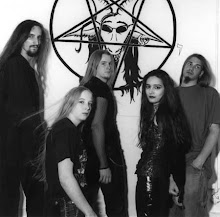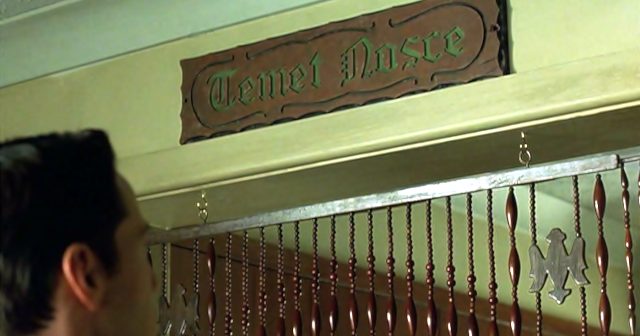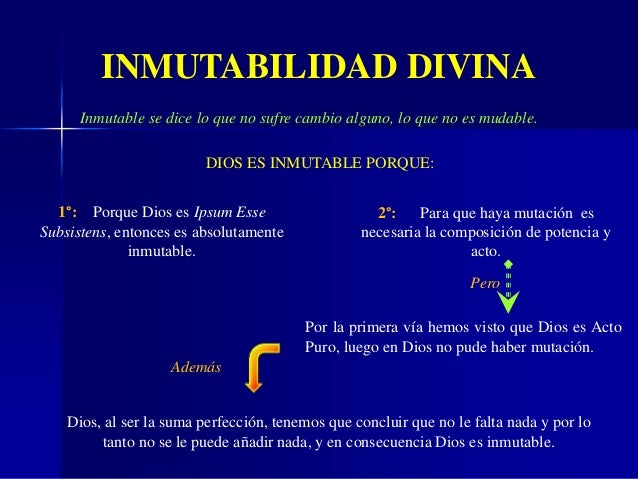


Do you see the text on CST compiled in your book as an antidote to the legacy of Marx, Nietzsche, and Foucault in Western culture today? You’ve talked and written a bit lately about the problems with “wokeism,” to the chagrin of some Catholics sympathetic to the aims of today’s social justice movement. When the Church speaks out today on behalf of migrants, the poor, those who are discriminated against because of their race, etc., it is continuing in the tradition of Las Casas and his colleagues. To be sure, there were many violations of this teaching within the Church in the centuries following this declaration, but it certainly represented a crucial turning point. Long before the European powers moved to end slavery, the Church condemned the practice, and in so doing contributed mightily to what would eventually emerge as a movement on behalf of universal human rights. I love that text, and I have enormous admiration for Bartolomé de las Casas, the Dominican friar and advocate of the native peoples, who played a key role in its development. Do you see any parallels with the Church’s teachings on any of today’s “hot-button” social issues? It doesn’t sound like it would have been the most popular thing for the pope to say at the time. One inclusion that surprised me was that of “Sublimis Deus,” Pope Paul III’s encyclical condemning the enslavement of American natives centuries before the major world powers - and later the U.S. I think there is, within some quarters of the Catholic world, a tendency to bifurcate the secular and the spiritual too radically. We ought, therefore, never to think of economics and politics as secular, if by that term we mean divorced from God and God’s purposes. This means that God is intimately present to all of creation and to every aspect of life, very much including the social and political order. For classical Catholic theology, God is not one being among many, but rather the sheer act of “to-be itself,” “ipsum esse” in the language of St. I would like to first explain what I mean by this. In the introduction to the book, you write that “the idea that the Church shouldn’t have a social teaching is simply repugnant to the Catholic view of God.” Where do you see that view being expressed right now? I wanted this text to serve as a useful introduction to this tradition.

I feel that the Church’s social doctrine, like the documents of Vatican II, is still largely unknown to huge numbers of Catholics. For many years, I offered a course at Mundelein Seminary on this subject, and I paid special attention to the social doctrine articulated by the popes of the past 120 years. I have long been passionate about Catholic Social Teaching (CST).

On April 21, Barron participated in a wide-ranging Reddit “Ask Me Anything” session that drew skepticism and praise on social media for his thoughts on modern trends like Critical race theory and “wokeism.” The controversy comes amid the release of the latest volume in the Word on Fire Classics series, the “ Catholic Social Teaching Collection ” (Word on Fire, $29.95), that asks readers to consider wisdom from popes and saints past and present.Īngelus spoke to Bishop Barron, who oversees the Archdiocese of Los Angeles’ Santa Barbara Pastoral Region as an auxiliary bishop, about what the collection’s excerpts have to say to the troubles roiling our society.īishop, what gave you the idea to compile this book, and why release it now? In an age marked by reawakened racial tensions, artificial intelligence, movements of mass immigration, shifting views on identity, gender, and sex, the proliferation of piecemeal wars, and the specter of a post-pandemic global “Great Reset,” what are ordinary Catholics supposed to think? For Bishop Robert Barron, the answers are out there, but it helps to know where to look. Lately, the subjects of those questions are often more complicated - and their answers more controversial. What does the Catholic Church have to say about this? Or that?įor the last 2,000 years, the answers have often come from figures like popes and cardinals, but also more ordinary men and women now recognized as saints.


 0 kommentar(er)
0 kommentar(er)
